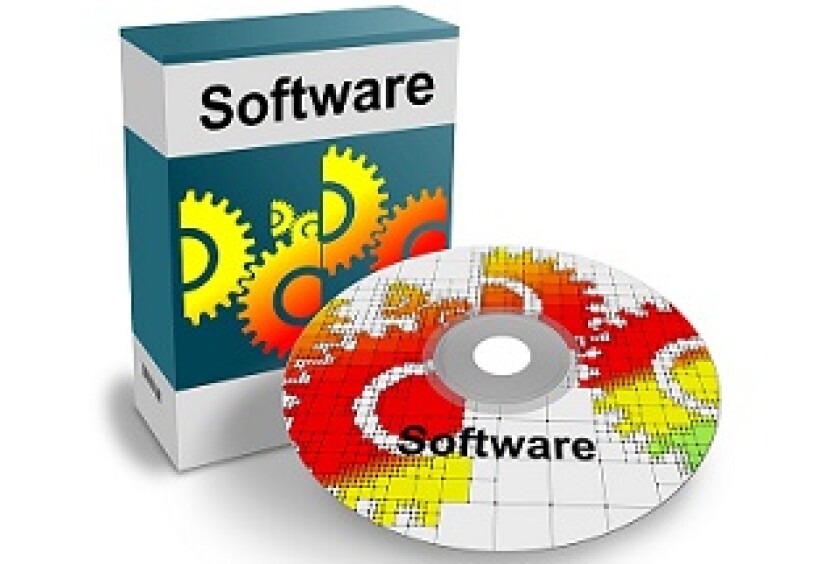The RFB published Solução de Consulta 6,014/2018 (dated August 17 2018) on September 12 2018, confirming their position that withholding tax should not apply on payments abroad in relation to off-the-shelf software that is acquired for personal use and does not relate to the commercialisation for third parties (SC 6,014/2018).
By way of background, SC 6,014/2018 is linked to a series of recent decisions concerning the treatment of payments made abroad to distribute and commercialise off-the-shelf software. This includes Declaratory Interpretative Act 7/2017, Solução de Divergência 18/2017 and Solução de Consulta 154/2016, which confirm the application of withholding tax in situations where payments abroad relate to the right to distribute or commercialise software. See previous article at: http://www.internationaltaxreview.com/Article/3784107/Brazil-Withholding-tax-rules-on-license-to-distribute-or-commercialise-software.html.
In the particular case in Solução de Consulta 6,014/2018, the off-the-shelf software acquired via a download from the internet was to be used for the taxpayer’s own use – more specifically, for students to have contact with educational instruments in a foreign language, and not relating to commercialisation or passing the software to third parties. It was not produced specifically for the particular educational facility but rather for any educational facility in the world.
While the manner in which the request by the taxpayer was presented created some administrative difficulties, the Brazilian tax authorities ultimately decided to review and decide on the question posed. It concluded that payments, credits or remittances to a non-resident in consideration for off-the-shelf software for personal use should not be classified within the concept of royalty and therefore subject to income withholding tax.
The decision distinguished the treatment between three types of contracts related to rights over computer programs, being:
Contracts for the license to use programs in Brazil;
Contracts for the license of the right to commercialise programs originated abroad; and
Contracts for the transfer of technology (generally considered transfer of the ‘source code’).
In the present case, SC 6,014 considered that the payment for off-the-shelf software for exclusive own use and not for commercialisation, should not be classified as remuneration for ownership rights (royalties) and therefore should not be subject to withholding tax. Further, the decision confirmed that the incidence of withholding tax does not depend on the media in which the off-the-shelf software is provided and licensed (i.e. discs, tapes, downloads, etc.).
While a Solução de Consulta does not represent law or a legal precedent, it does provide further support and guidance for Brazilian entities in relation to how the RFB are treating such arrangements.

|

|
Fernando Giacobbo |
Mark Conomy |
Fernando Giacobbo (fernando.giacobbo@pwc.com) and Mark Conomy (conomy.mark@pwc.com)
PwC
Website: www.pwc.com.br













